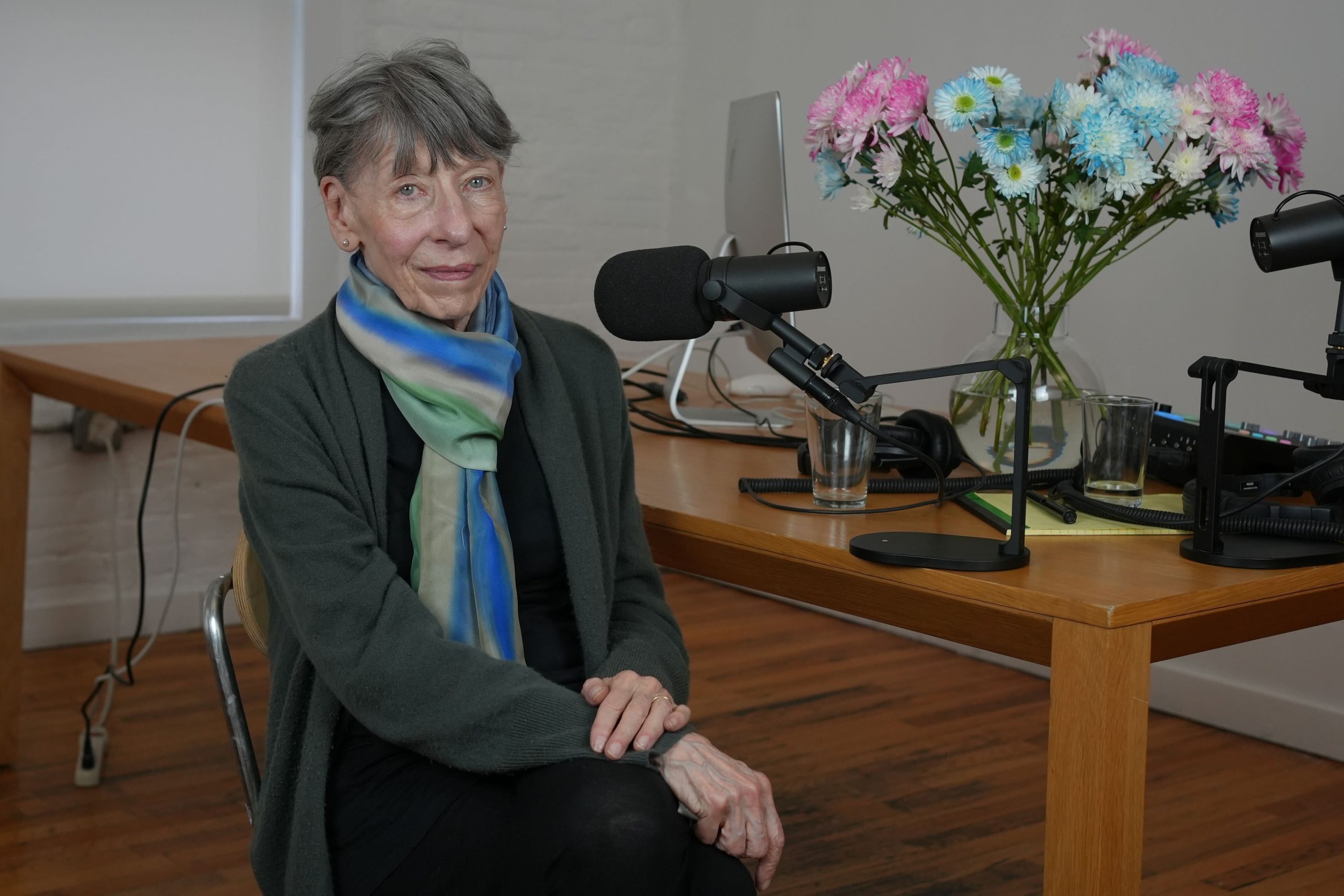In the late 1950s, a Manhattan-born college student was running from an art history course at Barnard to a George Balanchine ballet practice at the storied School of American Ballet on 82nd Street and Broadway. Soon, she began to make connections between the old-school Russian ballet instructors who taught her “ferocious point class” and were constantly “aspiring to an abstract ideal,” if a ruthless one, and the extending lines of Anthony Caro’s sculptures striving toward an arabesque. These rigorous studies in dance informed the work of the leading critic and curator of 20th-century Modernism, Karen Wilkin.

Of course, Balanchine’s presence was just one instance in which Wilkin has brushed shoulders with masters of the arts throughout her lifetime. In this episode, she discusses the influence of her parents’ close friendships with New York’s prominent literary figures, from S.J. Perelman to Ruth McKenney, and artists like Adolph Gottlieb. She tells us about touring the Museum of Modern Art (MoMA) with Kenneth Noland, advising at the Triangle residency alongside Helen Frankenthaler, and attending the Spoleto Festival as composer Samuel Barber’s “beard.” Wilkin also reflects on the valuable lessons she learned from years working with the legendary critic Clement Greenberg, though she doesn’t shy away from illuminating his noxious mistreatment of women like herself.
The author of monographs on a litany of these artists from Stuart Davis and David Smith to Georges Braque and Giorgio Morandi, she discusses her journey in art writing with Editor-in-Chief Hrag Vartanian who once was her student at the University of Toronto and credits her with his introduction to the world of art criticism. Tune in to hear them discuss everything from the decline of MoMA to masters of Canadian abstraction to Wilkin’s beloved herd of Maine Coon cats.

Subscribe to Hyperallergic on Apple Podcasts, and anywhere else you listen to podcasts. Watch the complete video of the conversation with images of the artworks on YouTube.

